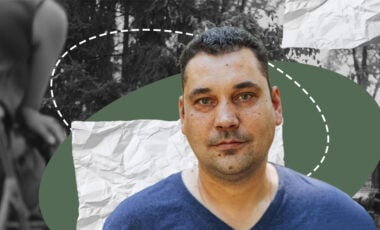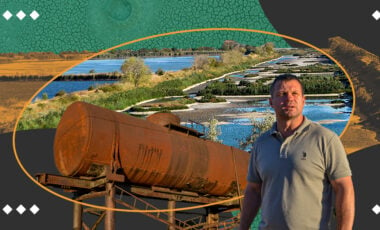Lithuania hosts four-day conference on green reconstruction of Ukraine

On Tuesday, November 28, a four-day international high-level conference on the environmental recovery of Ukraine begins in the Lithuanian capital, Vilnius.
The event, organized by the European Commission, aims to assess future challenges and discuss strategies and specific solutions underlying the green reconstruction and recovery of the country with Ukrainian politicians, city mayors, and business representatives, Ukrinform reports.
Virginijus Sinkevičius, the European Commissioner for Environment, Oceans, and Fisheries, representing the Commission at the conference, underlined the EU's commitment to continuing cooperation with Ukraine and assisting its efforts in sustainable reconstruction.
The organizers said that, in addition to supporting Ukraine's European perspective, resilient recovery and reconstruction are "important guarantees of Ukraine's prosperity, resource autonomy, and the quality of life for Ukrainians" in the post-war period.
The conference aims to propose a comprehensive approach to Ukraine's green recovery and reconstruction to key stakeholders.
The political segment of the event will present the initial results of the Phoenix initiative, created by European Commission President Ursula von der Leyen in February 2023. The Phoenix program focuses on assisting in reconstruction planning, supporting the development of climate-neutral strategies, knowledge exchange in managing smart green cities, and practical aspects of sustainable development and climate neutrality.
Within the entrepreneurial segment, applicable solutions in green reconstruction will be presented, systemic obstacles to deploying a circular and green economy will be discussed, and business connections between EU and Ukrainian companies will be established.
Background
As reported, the total damage inflicted on the environment and ecological infrastructure by Russia's aggressive war has exceeded $57 billion. Ukraine also has the world's largest area of mined territories.
The country has 497 damaged or destroyed water management facilities. Damages of over €1.4 billion have been registered in the forestry sector alone.
Twenty percent of Ukraine's nature conservation areas are under threat. The destruction of the Kakhovka Hydroelectric Power Plant is considered the most significant man-made catastrophe since the Chornobyl nuclear power plant accident in 1986, resulting in extraordinary consequences for natural resources and the population, according to the European Commission.
























































